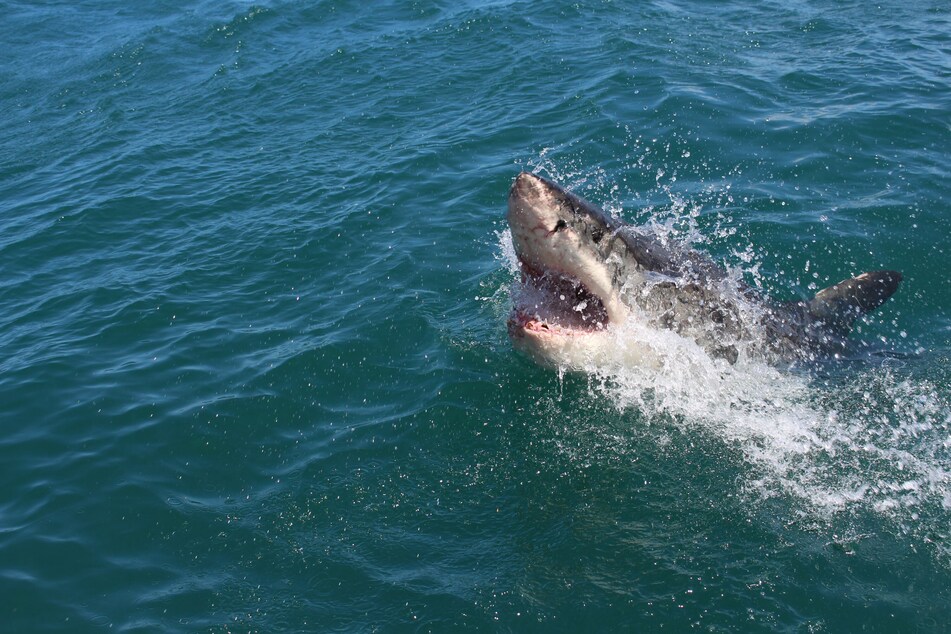Shark attack sparks search for lost surfer
Australia - Australian authorities searched Wednesday for the remains of a 55-year-old surfer after a witness reportedly saw an attack by a large shark that "had his body in his mouth."

There has been no trace of the victim since the marine predator struck Tuesday morning near the popular surfing spot of Granites Beach in South Australia, police said.
"The man's body is yet to be found and the search resumed early this morning," police said in a statement.
70-year-old surfer Ian Brophy was at the scene when the attack happened and said he was about to enter the water when someone yelled, "Shark!"
"As I turned around, I saw the shark go and just launch and bite," he told Adelaide's The Advertiser newspaper.
Brophy said he saw the predator go "over the top of the guy and bite and drag him down under the water and then nothing for a minute or two and blood everywhere and then up pops the board."
"I saw him in the wave and the shark had his body in his mouth – it was pretty gruesome," he said. Within a few minutes, there was no sign of the surfer's body. "It took every bit of him, I think," Brophy said.
Jeff Schmucker, a local resident, told ABC that he used his jet ski to help emergency services search for the surfer.
Schmucker said he went to the area of the attack and soon saw a great white shark "the length of a sedan car" but he could not be sure if it was the killer.
Shark attacks on the rise as oceans grow warmer
Great white sharks are known to prowl South Australia's coastline.
A teacher was mauled to death in May about 75 miles from the site of Tuesday's attack.
The number of shark bites has increased over the past four decades due to factors such as human population growth and climate change, according to shark expert Charlie Huveneers from Flinders University.
As oceans get warmer, ecosystems are being forced to adapt and sharks may be following their prey and moving closer to shores where they are more likely to come into contact with humans.
Huveneers told AFP that sharks sometimes attack humans because they mistake them for their usual prey, but also due to curiosity, hunger, self-defence, and aggression.
Cover photo: Unsplash/Alex Steyn
